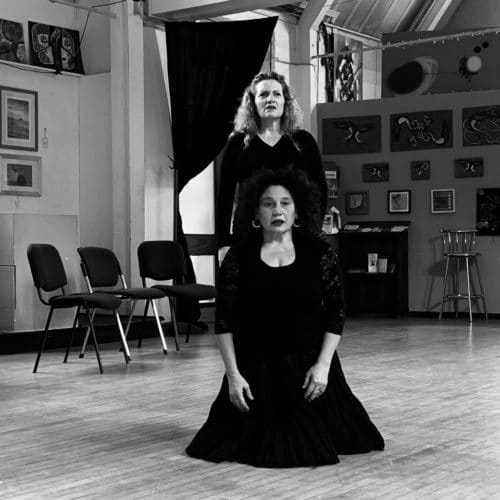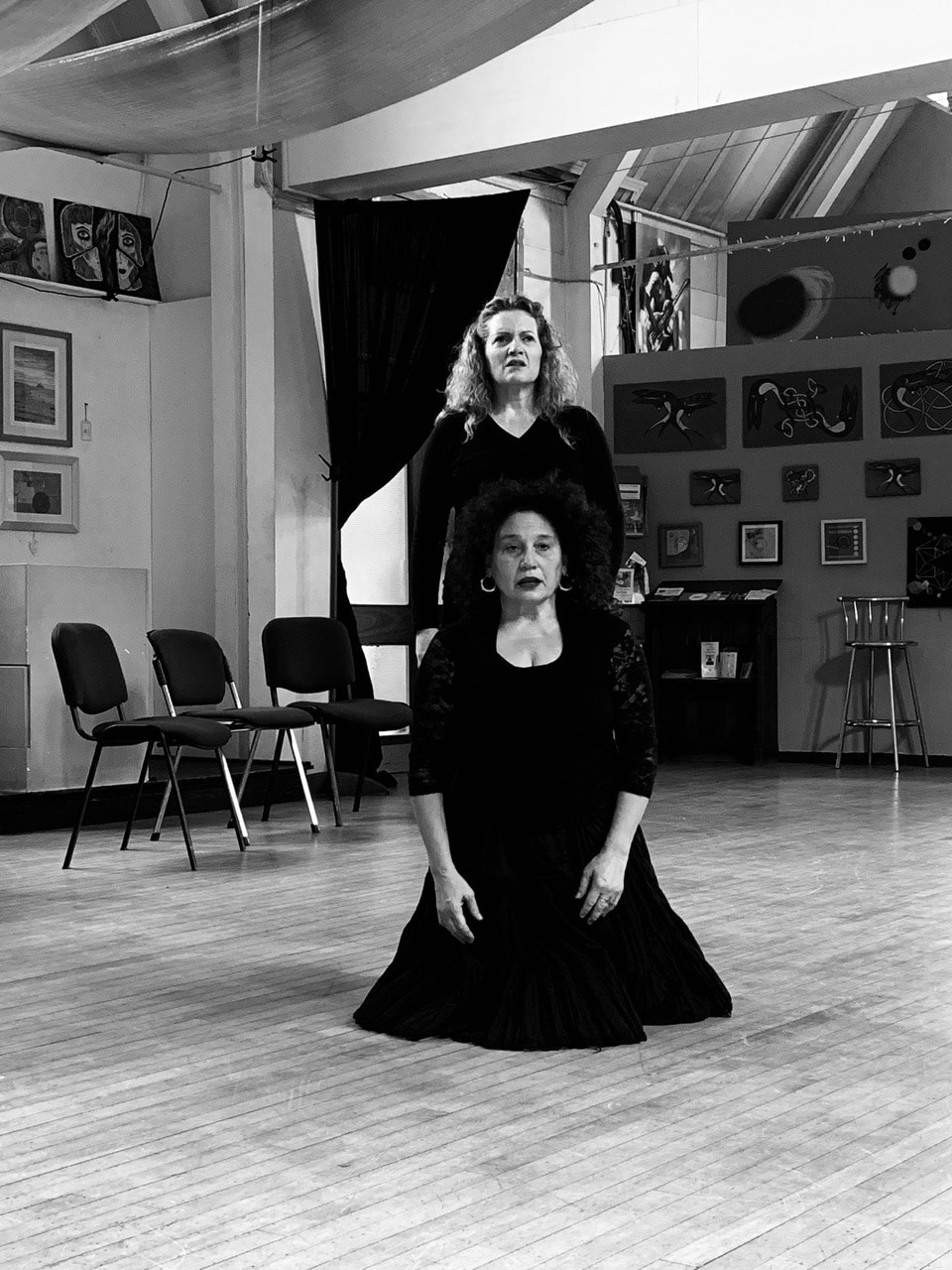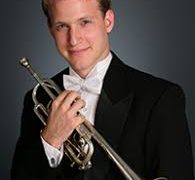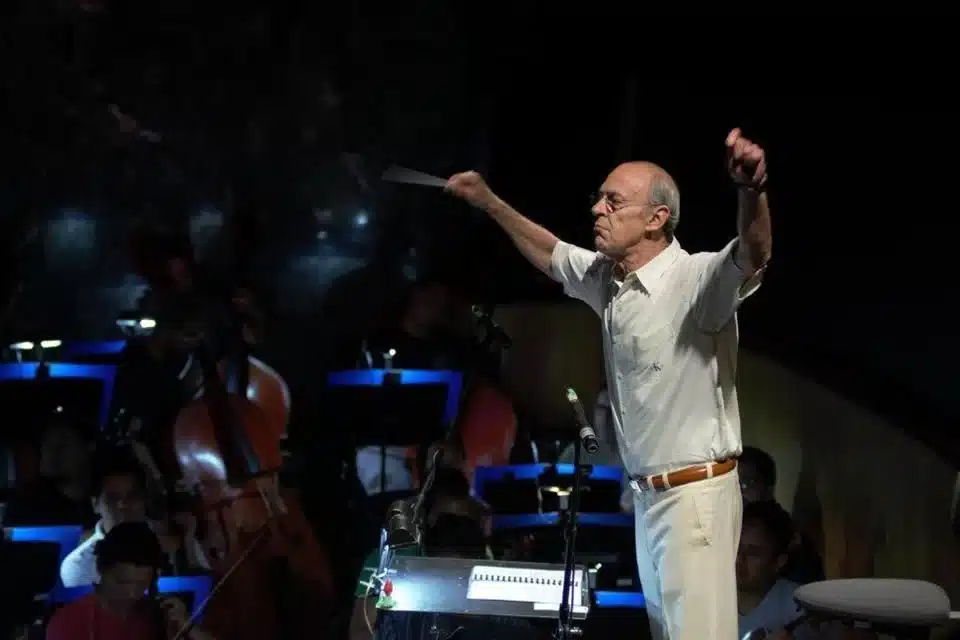Disability opera puts on Pierrot Lunaire
mainThis should be really worth experiencing. From Joanna Roughton-Arnold:
I recently co-founded formidAbility, a new opera company working to break down barriers and challenge perceptions of disability and inclusion in the arts.
Our company is a healthy mix of disabled and non-disabled professional artists creating high calibre work and putting accessibility at the heart of the creative process, rather than an after thought tacked onto the periphery. We are giving accessibility artistic value of its own, so that it enhances the experience for the whole audience, not just those with a disability. We make no compromises on artistic standards.
“A revelation”
Research and Development audience member
We are creating our first production to take to the 2019 Grimeborn Festival at London’s Arcola Theatre: a double-bill pairing HOTSPUR by Dame Gillian Whitehead and Fleur Adcock with Schoenberg’s iconic PIERROT LUNAIRE. We are combining opera with Signdance and the Rationale Method of audio description for the first time. Our performances at the Arcola Theatre are on 29th August and 1st September.
Footage of our work can be seen here.







“Our company is a healthy mix of disabled and non-disabled professional artists creating high calibre work and putting accessibility at the heart of the creative process, rather than an after thought tacked onto the periphery.”
Accessibility related to ‘the creative process’, on whatever level, should be part of the music itself. Using music to convey a positive message of accessibility for disabled people, to make them part of performance, is a very different form of ‘accessibility’. There is a serious misconception here about what ‘accessibility’ means. This is clear from the formulation: “We are giving accessibility artistic value of its own, so that it enhances the experience for the whole audience, not just those with a disability.” This is muddled thinking: accessibility of disabledness has no artistic value of its own, and can never be given artistic value of its own, simply because ‘accessibility’ is not an artistic category. Including disabled people in a performance, however commendable from a humanistic point of view, has nothing to do with artistic value. It is a SOCIAL value and not an artistic value. For instance, with a seriously handicapped singer who can deliver musical artistry as well as any non-handicapped singer, his/her physical condition, when it does not hinder the musical result, is entirely irrelevant.
“We make no compromises on artistic standards.” How can that be realised when accessibility of itself is given artistic value? If no compromises were intended, the whole question of disability would be entirely moot and thus, such initatives, advertised as ‘inclusive’ etc. would reveal itself to be a mere PC wrapping paper to surf on the fashion of boosting minority identification.
This whole way of thinking has desastrous effects on performance, because parameters begin to have an influence upon performance which have nothing to do with the music. It is perfectly normal, for instance, to choose certain physically-endowed types of opera singers for certain roles, simply because of the plot. Also it is perfectly normal to have male singers, who surprisingly sing high soprano parts, singing in Bach cantatas. There is nothing wrong with performers coming from a ‘minority background’ but it is, for the music and the performance result, entirely irrelevant. Stressing this sort of background, has thus the opposite result: it is bringing something which should be in the background, to the foreground, distracting from the performance itself and giving a false value to the performance.
For new music, this absurdist mental blockage is even more damaging: new music is chosen for performance on the basis of criteria which are PC-defined: are you a young, suppressed woman from an ethnically-undervalued minority? Does your work contribute something to the emancipation of black lesbians in Guatamala? Does it support the struggle for recognition of Papuas in New Guinea? In such mental climate, even a Bach or Beethoven would be rejected for being middle-aged white males without any serious social engagement.
PS
I may have made a mistake here: Beethoven would be welcomed because of demonstrating that writing music is also accessible to stone deaf people.
But we listen to his music not because he was deaf.
Don’t worry, Mr. Borslap. You are not required to watch the performance. Others likely will want to.
It’s my PA who drags me to concerts to get me irritated.
Your PA should at this point know that all that is required to get you irritated is to say “Boulez!” three times or to show you a picture of a modern concert hall.
Sometimes I use such picture to extract a salary payrise when it’s overdue, I drop it quasi-innocently on the desk from a pile of letters. The picture of the new Munich hall got me an extra [redacted], so I don’t need to shout Boulez ’cause that goes down much worse, it’s crossing a line at this [redacted] place.
Sally
“Accessibility artistic value of its own.” This means nothing.
If the casting is based upon musical ability, then I suppose certain accommodations can and should — be made in staging to include disabled talent that could otherwise find no opportunity.
But I still have problems with the notion that everybody is entitled to do everything, as Bill Maher noted when the somewhat disabled pro golfer Casey Martin asked for leave to use a cart (forbidden in professional golf – they have to walk) to accommodate his problems.
I do think every effort should be made to open up as much of life as possible to disabled people. We must make our endeavours open to as many of our society as can participate in them. But a little reality should also be applied — they, no more than anyone else, can not have everything they want. And the adjustments should not be driven by political correctness, or by the tired buzzwords I have already been driven to use to address this topic: inclusive, accommodations, etc.
Accessibility has no more artistic value than sex (not gender, a grammatical term) or colour. It is urgent that people not be dismissed from consideration due to any of these factors, and in music it is easy to apply clear standards.
This is a nobly meant effort, I am sure, and I wish it well, for if it shows a clear way forward we are all enriched. It does not have to cloak itself in “virtue signalling” (really, the anti-pc buzzwords are as bad as the pro!), although it may take such nudges to get the ROH or the Met to look at a disabled singer of talent. If it gets them to wake up and manage to work with the disabled, mission accomplished. If it simply flourishes as its own domain, it has created another minority ghetto.
Salomé on a wheelchair?
It seems to me that a decapitated John the Baptist would be sufficient.